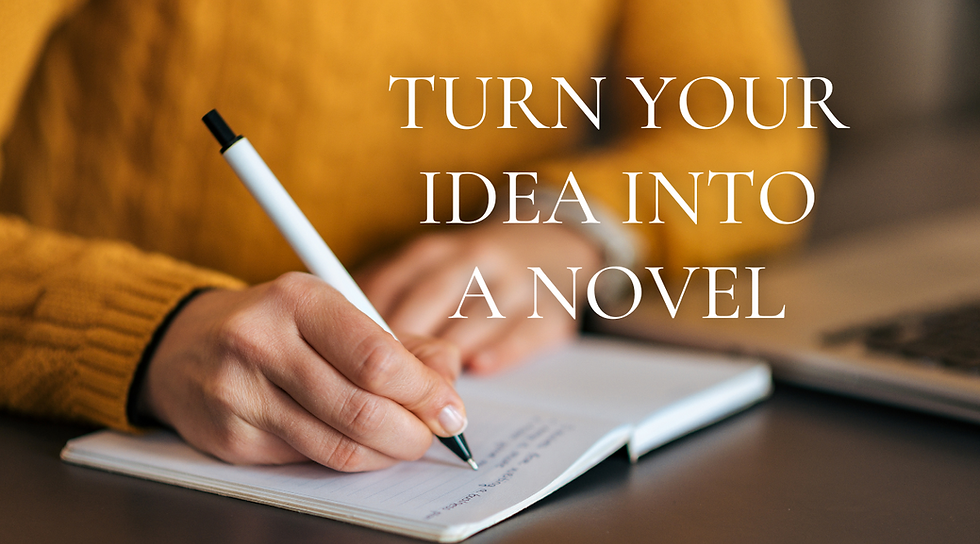Fairytale Fear Patterns: Using Ancient Stories to Build Modern Suspense
- Sierra Kay
- Sep 1, 2025
- 2 min read
Original fairytales weren't children's stories—they were warnings about real dangers. When I weave fairy tale elements into my psychological thrillers, I'm tapping into fears that have haunted us humans for centuries.
The Wolf in Disguise
The most powerful suspense pattern: danger hiding behind familiar faces. This archetypal fear threatens our ability to trust our own judgment about people.

In "30 Days of Pleasure," I explore this through a man from Alicia's dating history who initially seemed charming but revealed his dark side. When he re-emerges intent on ending their relationship with her death—readers experience the terror of realizing that apparent charm masked genuine predatory behavior.
Modern thrillers use charming antagonists who appear helpful initially, provide genuine assistance that builds trust, then reveal their predatory nature at the worst moment. This works because it mirrors real-world dynamics where dangerous people possess surface charm.
Suspense in The Forbidden Door
Stories from "Bluebeard" to "Beauty and the Beast" tell the tale of knowledge that characters shouldn't seek but can't resist. This pattern taps into curiosity and fear of consequences from learning dangerous truths.
In suspense, it's information that will change everything for the worse. The basement not to explore, the phone not to answer. The minute that doorknob turns, it creates tension because readers want discovery while fearing the cost.
The False Sanctuary
What about safe spaces that hide dangers—the gingerbread house, grandmother's cottage with a wolf inside? This exploits our need for security by turning refuges into traps.
Characters seek these spaces when they are most vulnerable. The sanctuary provides genuine relief initially, making eventual danger more shocking. It works because it mirrors real experiences where help has a hidden price.
These patterns access fears at the deepest psychological levels. By combining multiple patterns for compound pressure, we create stories that hook readers. And as authors, that's our key goal. We want to keep readers engaged, ensnared in our stories until the last page is flipped and the back cover is closed. Actually, we work to create characters and stories that live in your brains forever.





Comments